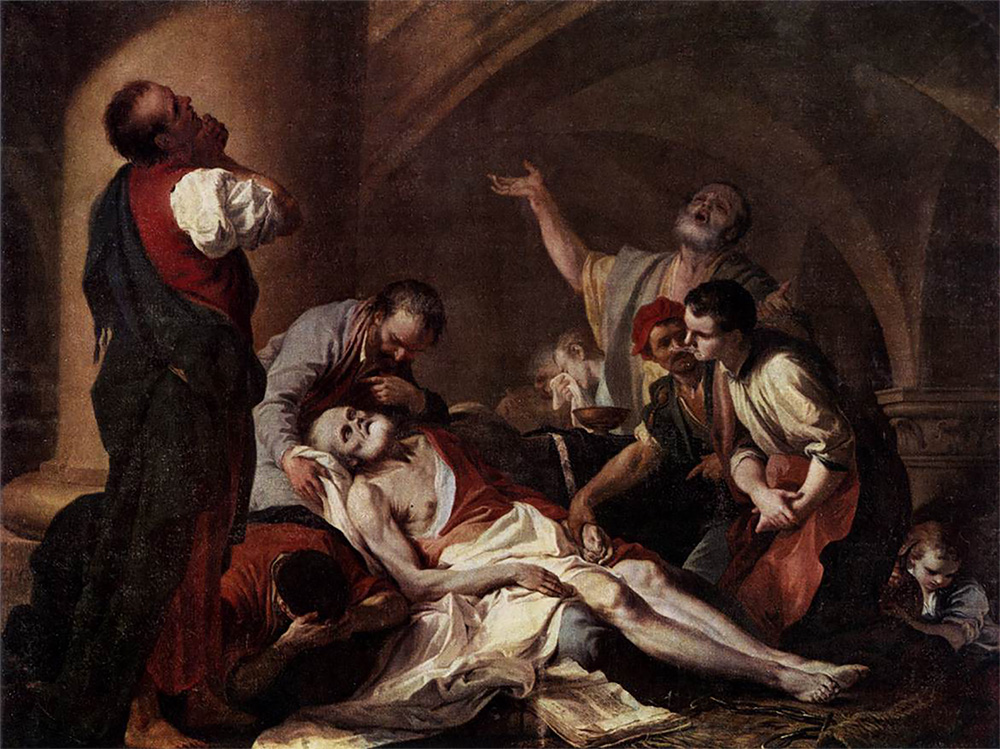
Episode 52 of the Digital Dialogue was recorded at the 50th Anniversary Meeting of the Society for Phenomenology and Existential Philosophy.
I was joined by Sara Brill, Associate Professor of Philosophy at Fairfield University and graduate from the Philosophy Department here at Penn State in 2004, where she wrote her dissertation with John Sallis entitled, Hygieia: Health and Medicine in Plato’s Republic.
Sara has appeared on the Digital Dialogue a number of times including episodes:
- Digital Dialogue 13: Psychology and Politics
- Digital Dialogue 17: Parmenides (with Rose Cherubin and Jill Gordon)
- Digital Dialogue 33: Ancient Philosophy Society 2010 Wrap-up (with Jill Gordon)
So this episode is part of an ongoing dialogue about our ongoing work on Plato. Sara has completed a manuscript on Plato’s psychology and I am completing a manuscript on Socratic and Platonic Politics. The Phaedo plays an important role in both of these manuscripts and we take up our readings of that text in our discussion.


I like the existential/reader-response/therapeutic focus here but don't see any evidence that Plato is searching for, doesn't have answers, as opposed to just that he has recognized that he may need different approaches for different students/personalities (and maybe to some degree subjects) . Also wondering where his love of math fits in here. On the question of politics/psychology I see no evidence that the skills related to a modern/academic reading together (or even by oneself) of texts easily (let alone necessarily) translate to other settings/situations. Without broader communities/relationships of accountability and further skill development reading is a pretty limited tool of socialization, as is writing.